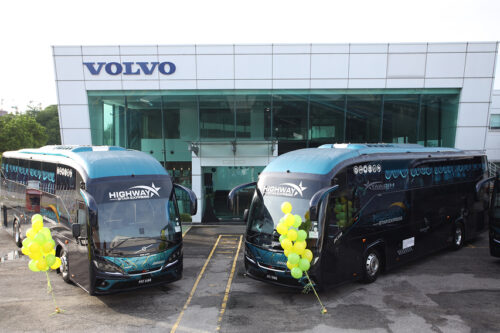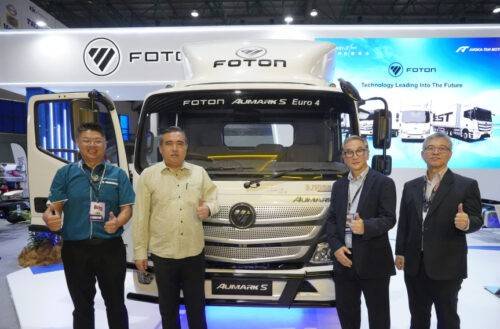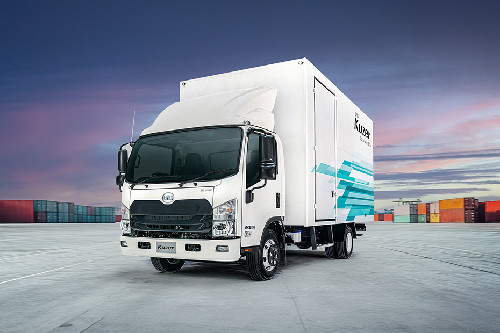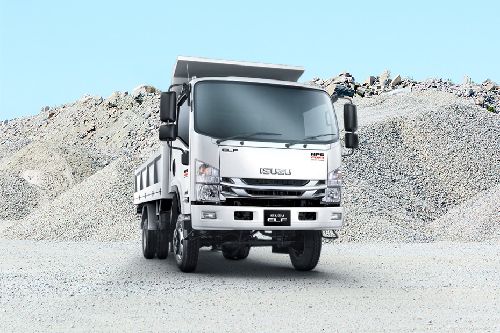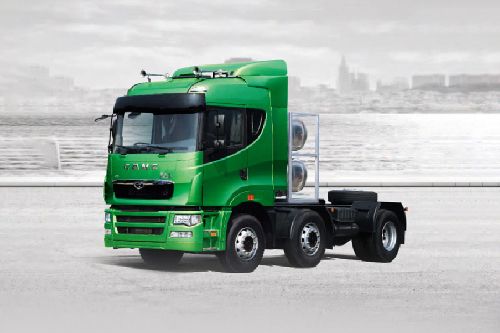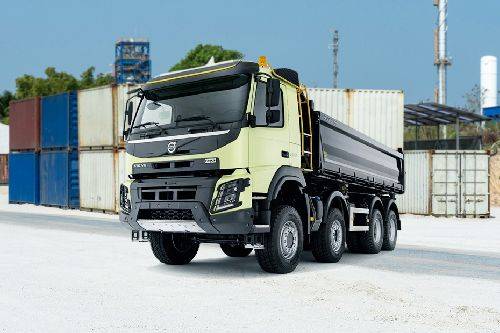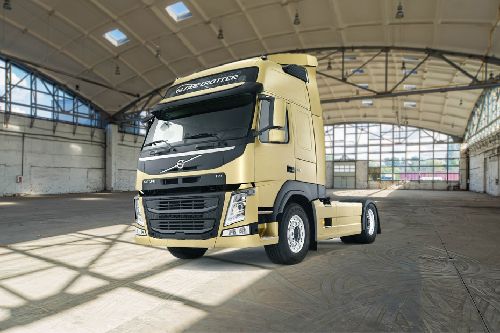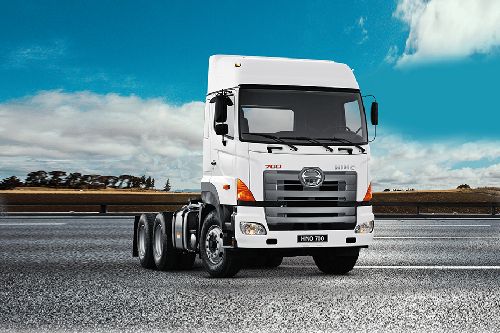Malaysia to cut blanket diesel fuel subsidy
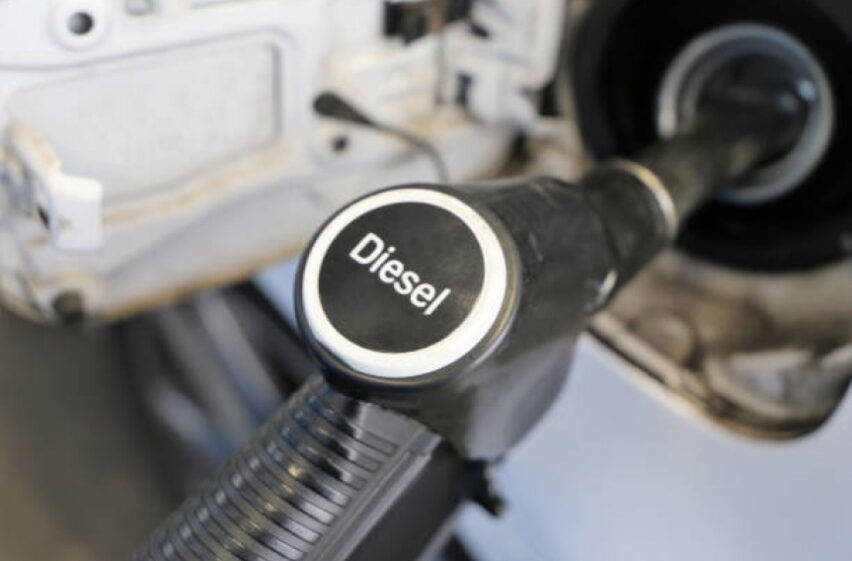
KUALA LUMPUR: The Cabinet has decided to rationalize diesel subsidies, as announced by Prime Minister Datuk Seri Anwar Ibrahim. According to The Star's report, the initial phase will start with targeted subsidies in Peninsular Malaysia and later extend to Sabah and Sarawak. Anwar explained that nearly all families in Sabah and Sarawak depend on diesel for daily transportation, hence the delay in implementation there.
KEY TAKEAWAYS
When will the diesel subsidy cut happen?
There's no official date, but the public announcement by Prime Minister Anwar Ibrahim suggests, ASAPIs is for the entire country?
the initial phase will start with targeted subsidies in Peninsular Malaysia and later extend to Sabah and Sarawak.Who's omitted from the cuts?
Subsidies would be provided to traders using diesel-powered commercial vehicles, covering public transportation vehicles and goods transport vehicles.What's the point of this?
This move is expected to save the government approximately RM4 billion annually.To mitigate potential increases in the cost of goods and services, Anwar mentioned that subsidies would be provided to traders using diesel-powered commercial vehicles, covering public transportation vehicles and goods transport vehicles. However, he did not specify when this rationalization would begin.
The subsidies will also continue for specific groups of fishermen and will be available for small traders and farmers with private diesel-powered vehicles. The rationalisation aims to protect lower- and middle-income groups who use diesel for their businesses, while excluding the T20 group and foreign nationals.
This move is expected to save the government approximately RM4 billion annually. Additionally, the introduction of the Low Value Goods Tax, Capital Gains Tax, and enhancements to the Service Tax are projected to generate RM4.5 billion in tax revenue.
Anwar emphasized that these taxes are intended to expand the tax revenue base rather than increase the burden on the public. The Fiscal Responsibility Act (FRA) aims to reduce national debt to no more than 60% of GDP and achieve a fiscal deficit of 3% in the medium term.
This rationalization is expected to have a significant impact on the prices of privately owned diesel vehicles, particularly in the private pickup truck market. With the removal of subsidies, operating costs for these vehicles are likely to increase, leading to a potential decline in demand. This shift could result in a noticeable drop in the prices of new diesel pickup trucks as manufacturers and dealers adjust to changing market dynamics.
Furthermore, the used diesel vehicle market is also poised for change. As subsidies are phased out, we can expect the prices of used diesel vehicles to decrease substantially. For buyers who believe in the long-term value of diesel vehicles, now might be an opportune time to consider purchasing a used diesel vehicle, as prices are likely to fall significantly.
According to South China Morning post, much of Malaysia’s cheap diesel has been used in luxury SUVs and pickup trucks that function as personal vehicles and is often smuggled across the border into Thailand. The new subsidy changes are likely to curb these practices, leading to a more equitable distribution of resources.
Older diesel-powered pickup trucks could become the go-to vehicles for many odd-job workers who may not be eligible for the new subsidy scheme, as these trucks are not affected by the latest measure.
The rationalisation of diesel subsidies may also act as a catalyst for increased electric vehicle (EV) sales in Malaysia. As the operating costs for diesel vehicles rise due to subsidy cuts, consumers might start to consider more cost-effective and environmentally friendly alternatives. This shift could drive demand for EVs, supported by government incentives and a growing infrastructure for electric mobility. With Proton, Perodua and other automakers ramping up their EV offerings, the transition towards electric vehicles in Malaysia could gain significant momentum, aligning with the global trend towards sustainable transportation.
In summary, while the rationalization of diesel subsidies aims to ensure a fairer distribution and generate substantial savings for the government, it will also bring about notable shifts in the diesel vehicle market, creating opportunities for those looking to invest in diesel vehicles in the near future.
Also Read: MySubsidi diesel pilot programme to commence next month
Malaysia Autoshow
You might also be interested in
- News
Featured Trucks
- Latest
- Popular






